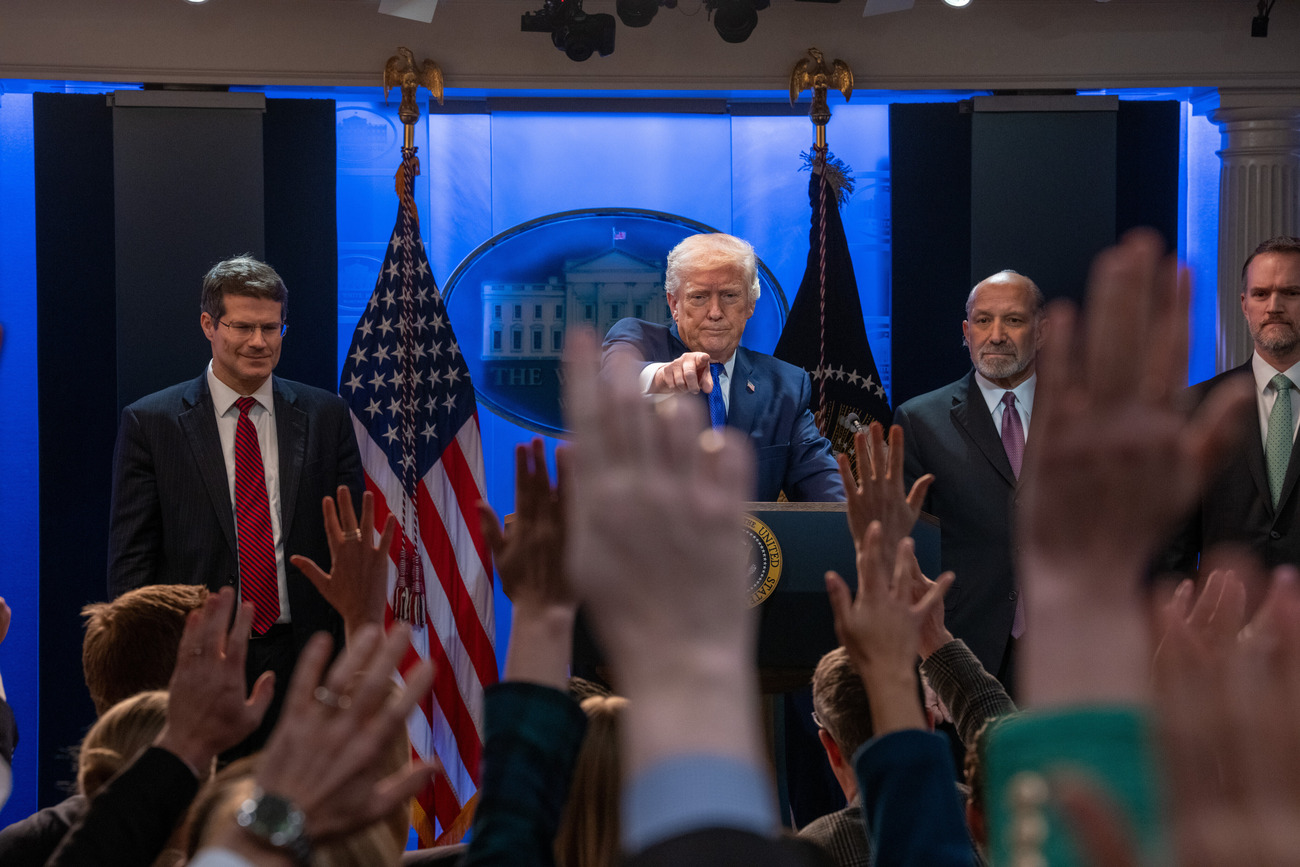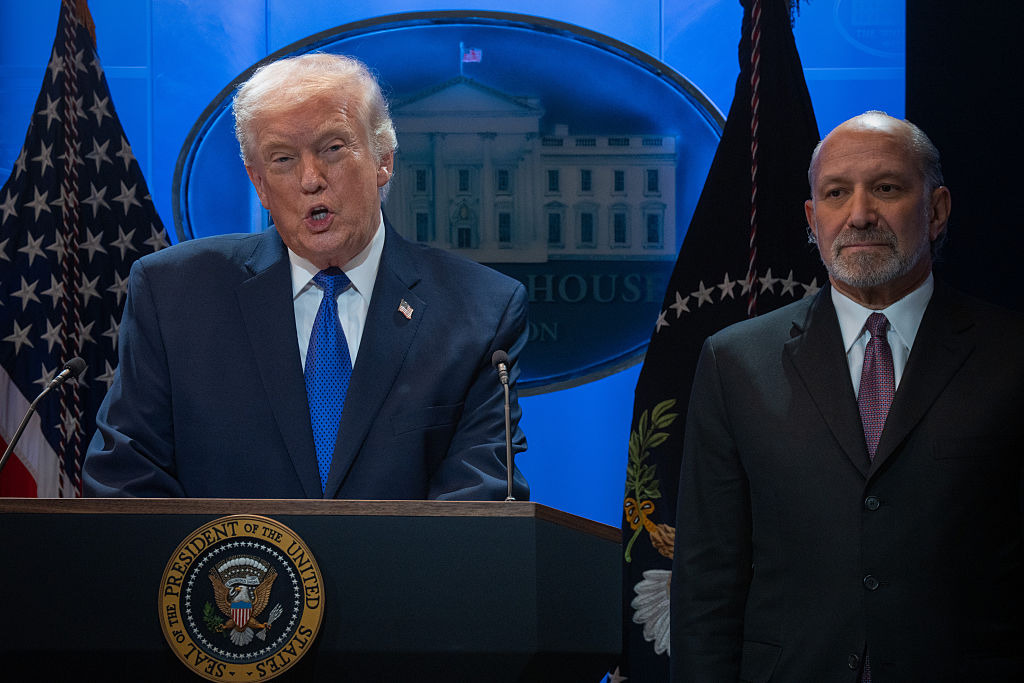Rich Nations Must Act on Free Trade
Rich Nations Must Act on Free Trade
Writing in Financial Times, AS/COA Chairman William R. Rhodes calls for countries to avoid protectionist measures at the upcoming Group of Eight summit and to back up the pro-trade rhetoric of the recent G20 meeting with concrete action.
We are now at a dangerous juncture in securing global economic recovery. The choice is between making a determined effort fully to implement the pledges made in the last two summits of the Group of 20, or to pursue the beggar-thy-neighbour path so disastrously taken in the 1930s. Unemployment is rising and, despite stimulus packages from Washington to Beijing, it will stay at very high levels for some time. In response, many politicians will push for trade and investment protectionism – indeed, they are already doing so.
I have been a banker for more than 50 years, mostly in international finance, and for the most part it has been an incredible journey, as constantly expanding trade and investment lifted nations from the wreckage of wars and recessions, contributed to extraordinary rises in incomes and strengthened discourse among peoples. But never in this period have we seen an economic and financial crisis as formidable as the current one. We need to recall that it was the Smoot-Hawley provisions of the 1930s that amplified and extended the Great Depression and that it was protectionist retaliation by key powers that contributed to the disastrous security tensions that emerged in that period.
Action is needed now to avoid such an outcome, and the place is the Group of Eight summit starting on Wednesday in Italy. President Barack Obama and his partners must transform the unfulfilled rhetoric of the G20 into a confidence-building plan. The G20 leaders in April committed to “promote global trade and investment and reject protectionism, to underpin prosperity”.
The G8 should provide the answer to a question that Pascal Lamy, director-general of the World Trade Organisation, has been asking with a mounting sense of frustration: “When will participants be ready to come back to the table at the political level?”
The seats for top officials at the Doha trade round table remain empty. And not only are the G20 commitments to pursuing the Doha round being seen as hollow, but a series of free trade agreements that the last US administration negotiated with Colombia, South Korea and Panama continue to languish in Washington.
Meanwhile, protectionism continues its rise in insidious ways. Very recently, the House of Representatives included trade protectionist provisions in the climate change and energy conservation bill, while earlier this year such provisions were added to the economic stimulus package. Fortunately, Mr Obama has been swift to speak out against these measures, but the congressional actions reflect rising political pressures today. Other countries are implementing similar protectionist regulations or requirements, including calls to “buy domestically” or to limit the issuance of work visas.
It is precisely the danger of one country retaliating against another’s trade restrictions, leading to an ever more threatening spiral of restrictions and tensions, that is now the gravest risk. There are indications of this, for example, in the financial area. In response to the financial crisis, governments, one by one, are moving to stabilise their domestic situations by imposing inward-oriented measures on financial services firms, such as requiring them to curb foreign lending and boost domestic credit. Such provisions penalise developing countries in particular, while, more generally, undermining the flow of capital across countries. This raises the costs of trade finance and it undermines foreign direct investment. These measures exacerbate the more than 10 per cent plunge in global trade that is likely this year.
The proliferation of domestic-oriented finance measures not only fragments the international financial system, but risks its disintegration. This will compound the damage done by rising nationalistic trade actions. Combine the finance and trade protectionist measures, and the potential for a slowing of economic recovery moves from a risk to a certainty. It could prolong the pain of the economic downturn on the millions of people and businesses who are suffering from the current crisis, while threatening the fabric of international understanding and co-operation between governments.
In recent days, both Mr Lamy and Robert Zoellick, World Bank president, have publicly expressed the need for urgent action to combat protectionism. Yet, on the eve of this G8 summit there is still no indication that the meeting will show that the full dangers of current trends are adequately understood at the highest levels of the governments of leading industrial nations. For example, it is likely that the G8 will announce new development assistance measures to support a major expansion of farming in the world’s poorest countries, rightly seeing this as a better way to spend aid than consistently providing emergency food supplies. But this new initiative will fail unless the leading industrial countries open their own markets to a considerably greater degree to food imports from the developing world; right now there is scant indication that the G8 powers are willing to do this.
The time has come for the G8 to move from rhetoric to action to guard our global trading and investment system. In the US we also need to send the right signals to our friends abroad by ratifying the bilateral trade agreements that have already been negotiated and by actively pursuing a free trade agenda.
The writer is senior vice-chairman of Citigroup. He serves as chairman of Americas Society/Council of the Americas.








